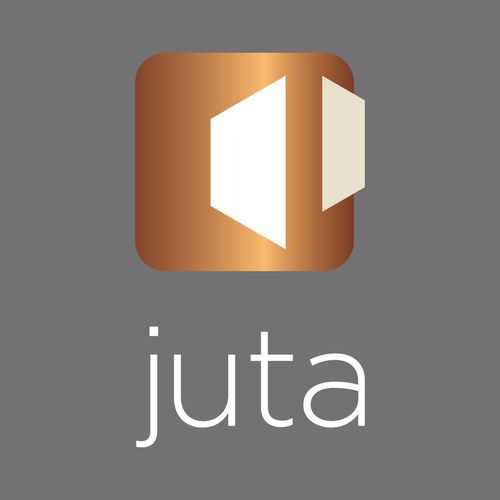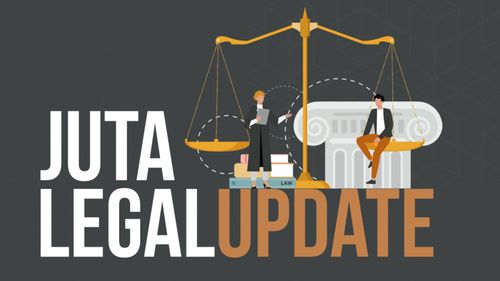- Home
- Products & Services
- About
- Blog
- Faq
- Contact Us
It was our great pleasure to interview Dr Roy Killen and Professor Annemarie Hattingh about this title, an essential handbook for great teachers and teaching. This new edition brings valuable new research and a fresh injection of passion to the pages, making it a must-have title and reference material for both student teachers and established pedagogists alike.
What led you to believe that this title needed to be created for the South African education sphere?
RK: From 1966 I was doing a lot of work with South African universities by helping them to understand outcomes-based education and apply it effectively within their own teaching across all faculties, as well as within their teacher education programmes. There was an obvious need for a textbook – particularly for teacher education – that explained how to implement outcomes-based education.
AH: My PhD (which Roy guided me on extensively) was on enquiry and theory of learning, but how do you translate that body of knowledge effectively for students’ development? There is a world of teaching and learning embodied in this book: how to begin, plan and — importantly – enjoy the teaching and learning process! I referenced the original title extensively in my own research, and the updates are fantastic, including essential support materials which are included. As a rated researcher and expert in teacher education, I felt it was essential to translate these theories into practical, integrated applications, so I was delighted when Roy invited me to collaborate on the revised edition.
What defines quality teaching and education?
RK: Quality teaching has three basic characteristics:
- a) It helps learners to develop a deep understanding of important things.
- b) It takes place in an environment that supports quality learning.
- c) It makes learning relevant to ALL learners.
AH: What I refer to as the ‘Golden Theoretical Framework’ as embodied by this book; for effective teaching and learning, it is not just one thing, but a holistic environment that facilitates critical thinking. I think for this to happen the teacher must truly care about both the subject AND the student. In this way learners are able to find meaning in content and beyond, way up the cognitive taxonomy ladder. As teachers we should design an environment, goals and lessons that bring strategies together to unlock complex learning about both subject matter as well as the students themselves.
What are the most important abilities for teachers to possess? How does your book help to develop these?
RK: Flexibility, curiosity, and a willingness to learn from their own experiences. The book helps teachers to develop flexibility by teaching them about multiple ways of helping learners to learn. It develops their curiosity by showing them what is possible and by linking all the practical advice to research-based evidence that they can follow up on, and it repeatedly emphasises the need for teachers to be reflective.
AH: I think it’s important to differentiate that there can be people who are very knowledgeable within their sphere of expertise, and yet not always be able to effectively share this knowledge. This book – and the Golden Framework of Pedagogy – helps them to further unlock that knowledge, within both teachers and students, to truly enjoy the subject and use excellent lesson planning to encourage students to persevere with difficult things for good outcomes. A good life skill!
What changes are in the new edition and why?
RK: The emphasis on outcomes-based education that was in earlier editions has been reduced because of changes in government policy. In 2009–2011, the RNCS was itself reviewed and streamlined into the Curriculum and Assessment Policy Statements (CAPS), with OBE finally dropped in 2010. The CAPS is an adjustment to what we teach (curriculum) and not how we teach (teaching methods). BUT it doesn’t matter which curriculum you work with: the process and principles of analysing any curriculum and designing lessons remain the same for effective teaching and learning.
AH: We’ve included new research on cognitive neurosciences learning – understanding that meaning is situated in CONNECTIONS. i.e. how learners connect, but also connectedness in their own neurostructures. Very important! This update also provides practical ways to create environments that facilitate creating networks in the brain. Finding, identifying, and connecting knowledge to make meaning, for example, with the boom in technology. Excellent pedagogy should use this to its benefit. Other changes include the shift of lessons to ‘learning opportunities’, and effective assessment to show if students have mastered competencies, tied together in a meaningful way. After all, we are not just learning to pass subjects – we are learning to MASTER not only the subject at hand, but the process of learning. The last chapter is great because it covers this so well: assessment FOR learning, not just OF learning.
Another addition, which Roy mentioned the importance of above, is REFLECTION. This creates a space for self-directed learning and internal dialogue: why did I do that, and why did it work or not work? By asking these metacognitive questions we create talented problem solvers for the future.
What are some of the challenges facing teachers – and perhaps learners – in South Africa in 2022 and beyond? How can they be supported to overcome these?
RK: There are many challenges facing SA teachers: limited resources and multilingual classrooms, particularly as the student population becomes more diverse – but there is an opportunity to make it a resource for meaning. Challenges are always met and overcome by flexibility, curiosity, and reflection.
AH: We need to decolonise classrooms and create more diverse opportunities for teachers and pupils. I get very frustrated when people compare our teaching climate to others that are perceived as more successful, such as Finland, when it is impossible to correlate with what is essentially a monocultural society! Our beauty lies in diversity – we need to collaborate to make it a more rounded development as opposed to a deficit.
Dr Roy Killen is a Conjoint Associate Professor in the School of Education at the University Newcastle, Australia, and was formerly an Extraordinary Professor in the Department of Teaching and Training Studies at the University of Pretoria.
Annemarie Hattingh is an Associate Professor of Science Teacher Education, University of Cape Town, with a special focus on curriculum design for authentic learning in problem-based learning environments.
Annemarie and Roy connected in the 90s when he supervised her doctoral thesis at University of Pretoria, where they went on to co-author several journal articles.

Kagiso Tiso & Kagiso Media Fraud Hotline: 0800 21 25 83


